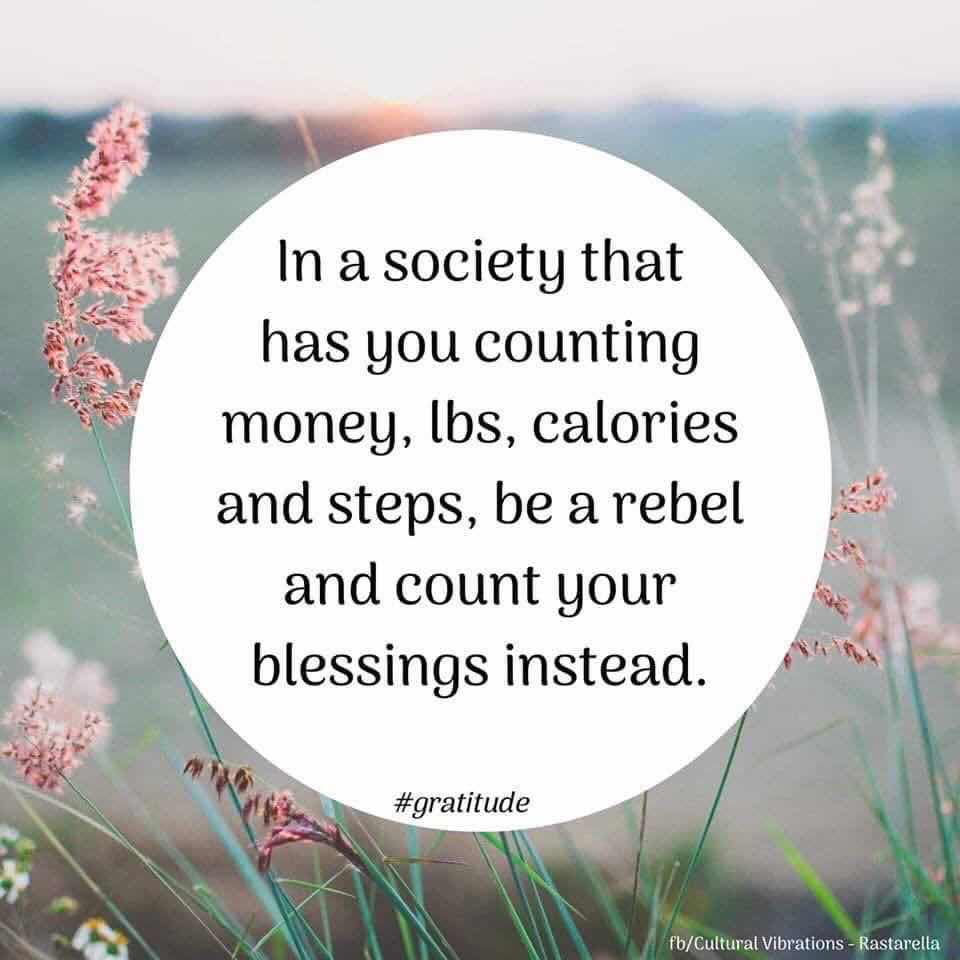Looking back, that was unfortunate as those would have been good learning opportunities. We were taught to respect money but also to fear not having enough - that you should always be saving for that proverbial rainy day. Owing money or taking financial risks weren’t things they ever wanted to do.
I think parents are more open about sharing their finances with their children now. I know though, that kids often think money comes from a plastic card that never runs dry.

How you were raised shapes your attitude about money; making it, spending it or saving it to pass on to the next generation. The idea of saving everything one could to have something to leave to your children was very important to my parent’s generation. The ideal has become less of a focus with each passing generation. My parents lived through the Second World War and the Great Depression, so they always had the fear that something would happen, and money would stop coming in.
Spending money can leave you with buyer’s remorse or on the flip side of the coin being indecisive can lead to missed opportunities. We can only try and make good decisions with the knowledge and resources that we have.
There are different schools of thought when it comes to money:
- Is it the root of all evil?
- Can money buy happiness?
- How much is enough?
Back in the day there were different phrases concerning lack of money. Some of them are crude but they still resonate with people.
- Pin Money
- Two Cents to Rub Together
- Piss Poor
- A Pot to Piss In
Germany Kent, an award-winning journalist once said, "It’s a funny thing about life, once you begin to take note of the things you are grateful for, you begin to lose sight of the things that you lack."
If we think our finances are unsatisfactory remember that there are always others with less. There was a time when there were no social programs, pension plans, medical care coverage or unemployment insurance. It makes me feel anxious just thinking about what that must have been like. How did people manage when the crops failed and there were no other jobs to be had or if a family member needed a lot of medical care?
I have been as guilty as the next guy complaining about our health care or other programs, but I do feel fortunate to live in Canada versus many other places in the world.
Count your blessings;
Name them one by one.
If you like this post, I’d love you to share it.
